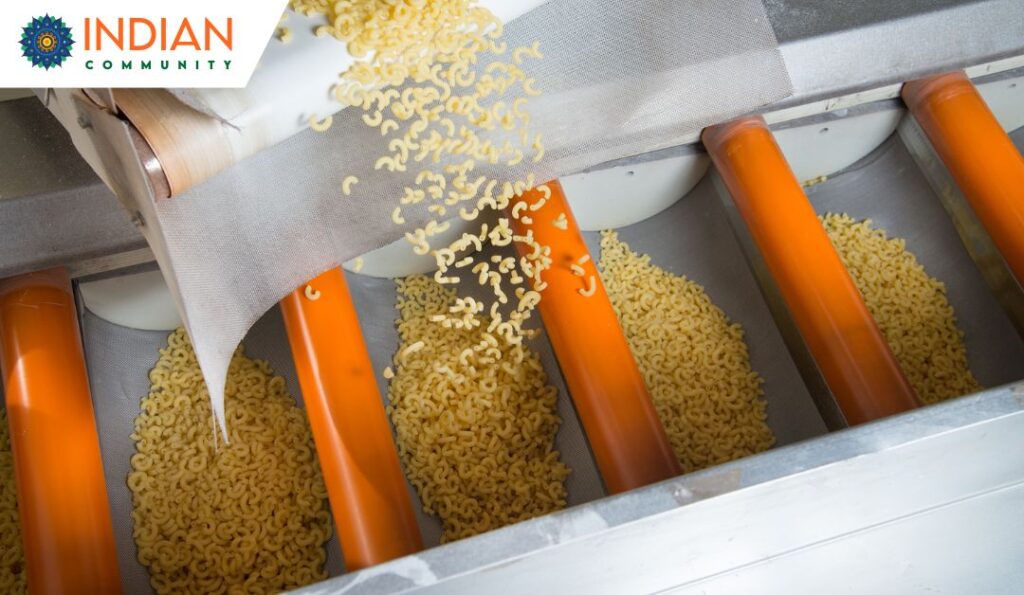The Food and Beverage (F&B) industry is a global powerhouse that plays a vital role in everyday life. From restaurants to cafes, packaged food to beverages, the sector encompasses a vast range of products and services, making it one of the most dynamic and fast-growing industries worldwide. In this blog, we’ll dive into the ins and outs of the food and beverage industry, exploring its key segments, market trends, and the future outlook.
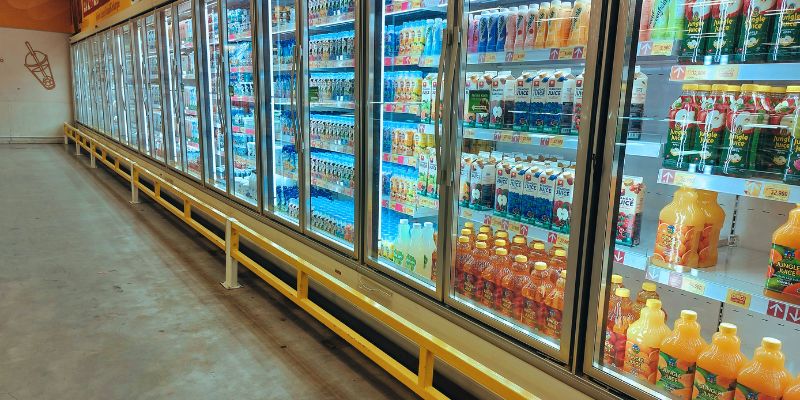
Key Segments of the Food and Beverage Industry
The F&B industry can be broadly categorized into two major segments: food and beverages. However, within these, there are several sub-sectors that cater to specific consumer needs and preferences.
1. Food Industry
- Processed Food: This includes packaged food products like canned goods, frozen meals, and ready-to-eat meals. Companies in this segment focus on making food more convenient for consumers while ensuring quality and flavor.
- Fresh Food: This sector deals with unprocessed or minimally processed foods, such as fruits, vegetables, meat, and dairy. Farmers, local markets, and organic food suppliers play a major role in this space.
- Restaurants and Catering Services: The restaurant industry is another significant sub-sector, ranging from fast food to fine dining. Catering services for events and corporate functions are also part of this segment.
- Bakery and Confectionery: Products such as bread, cakes, pastries, and chocolates fall under this category. Artisan bakeries and large-scale production units alike contribute to this sector.
- Snacks and Savory Items: This includes everything from potato chips to nuts, often focused on providing quick, convenient, and sometimes healthy snacking options.
2. Beverage Industry
- Non-Alcoholic Beverages: This segment includes soft drinks, juices, teas, coffees, and bottled water. Health trends have spurred the growth of functional drinks, such as energy drinks, sports drinks, and plant-based beverages.
- Alcoholic Beverages: This sub-sector is comprised of beer, wine, spirits, and other alcoholic drinks. Breweries, wineries, and distilleries all operate within this market, contributing significantly to global revenue.
- Dairy Beverages: Milk and milk-based drinks such as yogurt and kefir fall into this category. With the rise of health consciousness, the dairy industry has diversified into lactose-free, organic, and plant-based alternatives.
Market Trends Shaping the Food and Beverage Industry
As consumer preferences and technological advancements evolve, the F&B industry is constantly adapting. Several key trends are driving the direction of the industry:
- Health and Wellness:
Consumers are increasingly prioritizing health and wellness in their food and drink choices. There is a rising demand for organic, gluten-free, sugar-free, and plant-based products. Additionally, the interest in functional foods, which provide health benefits beyond basic nutrition, is booming. These include products rich in probiotics, antioxidants, and vitamins. - Sustainability:
Sustainability is becoming a core focus for both consumers and producers. The industry is adopting eco-friendly practices such as reducing plastic use, minimizing food waste, and sourcing ingredients sustainably. The farm-to-table movement, which emphasizes locally grown and ethically produced food, is gaining momentum as well. - Technology Integration:
From farm to fork, technology is transforming the F&B industry. The rise of automation in food production, AI-driven supply chains, and the use of blockchain for tracking food provenance are making processes more efficient and transparent. Additionally, food delivery apps and online ordering systems have revolutionized how consumers access food. - E-commerce and Online Retail:
Online grocery shopping and meal delivery services have grown significantly, accelerated by the global pandemic. The convenience of ordering food and beverages online has led to the rise of platforms like UberEats, DoorDash, and Instacart. E-commerce platforms for specialty foods, such as meal kits or gourmet snacks, are also flourishing. - Experiential Dining:
Consumers are seeking unique and memorable dining experiences. Whether it’s themed restaurants, pop-up dining events, or immersive food and drink tastings, the trend of experiential dining is rapidly expanding. Social media platforms like Instagram and TikTok are key drivers, as people are eager to share their dining experiences online.
Opportunities for Entrepreneurs in the Food and Beverage Industry
The F&B industry offers numerous business opportunities, particularly for entrepreneurs looking to innovate or address unmet market needs.
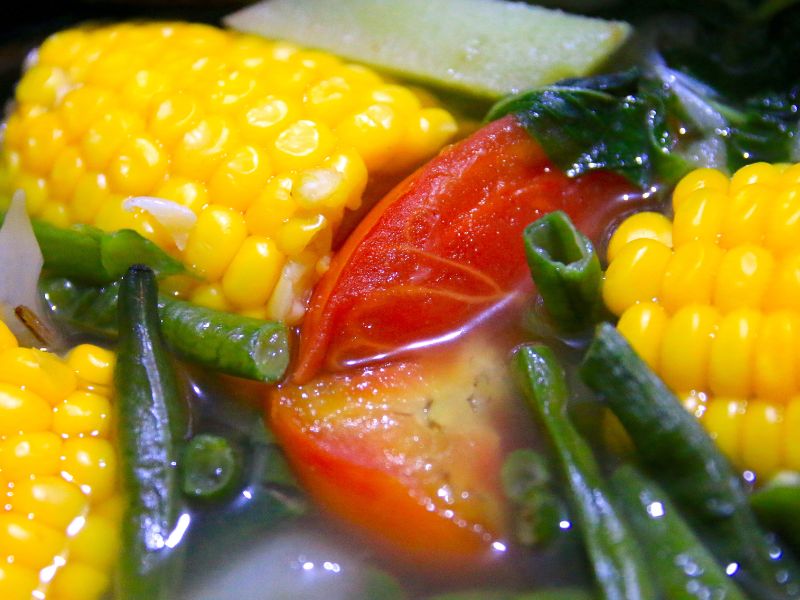
1. Specialty and Organic Foods
With the rising demand for organic, sustainable, and health-conscious products, entrepreneurs can create niche food brands that cater to these growing consumer needs. Launching a line of plant-based snacks, gluten-free meals, or organic beverages can tap into the health and wellness trend.
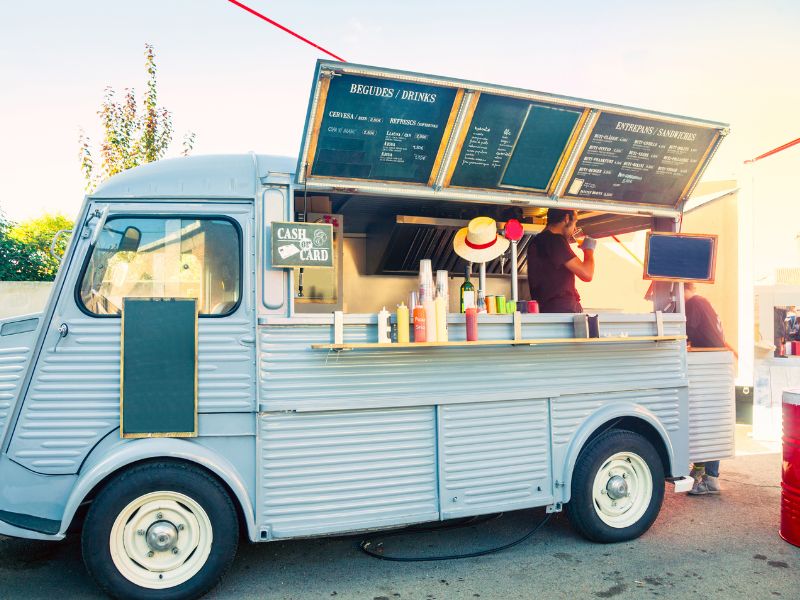
2. Food Trucks and Pop-up Restaurants
For those interested in the restaurant industry but not ready to invest in a brick-and-mortar location, food trucks and pop-up dining concepts offer a lower-cost entry point. These mobile dining options provide flexibility and the ability to test different markets.
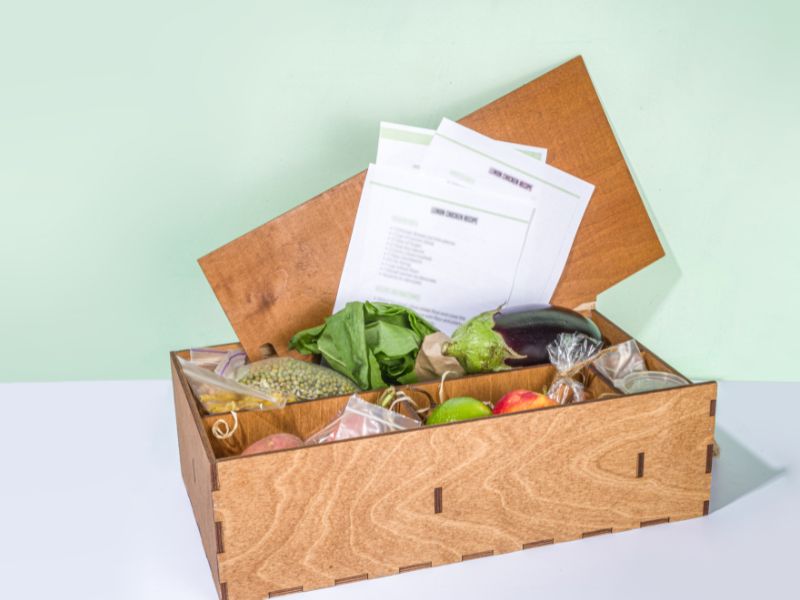
3. Meal Delivery and Subscription Services
The meal kit delivery business has grown substantially, with companies like HelloFresh and Blue Apron leading the way. Entrepreneurs can offer specialized meal kits, focusing on dietary preferences like vegan, keto, or family-friendly options. Subscription services for snacks, beverages, or gourmet products are also growing in popularity.
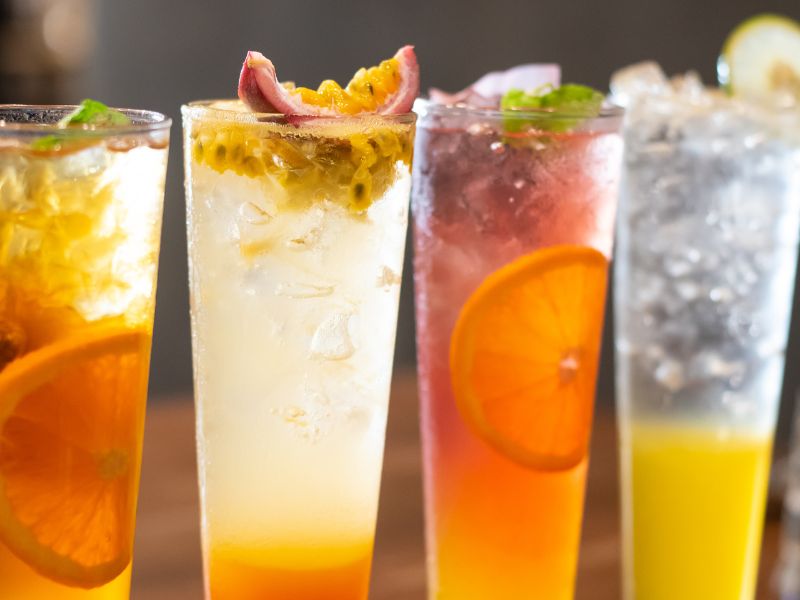
4. Beverage Startups
The beverage industry, particularly the non-alcoholic sector, offers significant opportunities for new brands. Health-focused drinks such as kombucha, cold-pressed juices, and functional beverages are experiencing high demand. Beverage startups focusing on sustainability, like plant-based or zero-waste packaging, also have a competitive edge.
Challenges in the Food and Beverage Industry
While the food and beverage industry is lucrative, it also presents its fair share of challenges:
- Regulation and Compliance
The F&B sector is heavily regulated, with stringent food safety standards, labeling requirements, and hygiene practices. Entrepreneurs and businesses must stay up-to-date with local and international regulations, which can sometimes be complex and costly. - Supply Chain Disruptions
Global supply chains have become more volatile, especially in light of the COVID-19 pandemic and geopolitical tensions. Ingredient shortages, transportation delays, and rising costs can all impact food production and availability. - Competition
The F&B industry is highly competitive, with large corporations dominating the market. Small businesses and startups must differentiate themselves by offering unique products, exceptional customer service, or innovative marketing strategies.
The Future of the Food and Beverage Industry
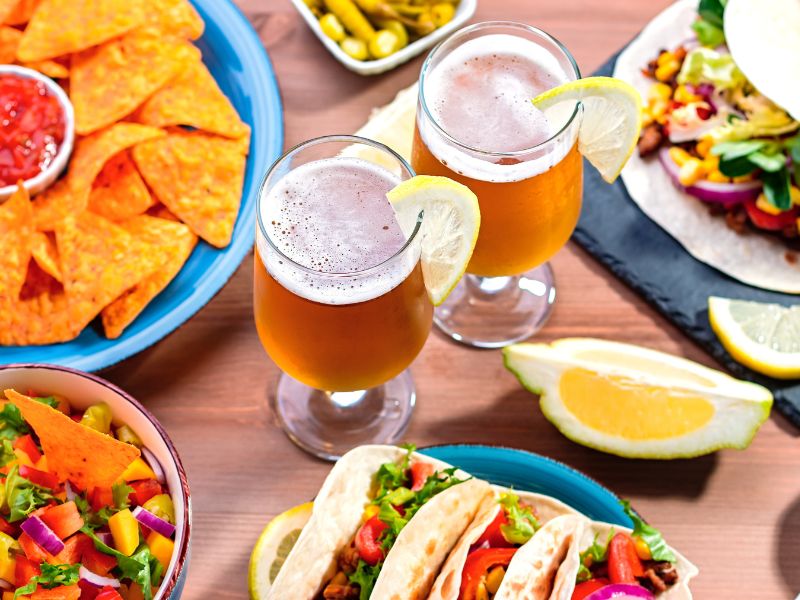
Looking ahead, the future of the F&B industry is shaped by innovation, sustainability, and evolving consumer preferences. With an increased focus on health, convenience, and eco-consciousness, businesses that can adapt to these demands will thrive. Personalized nutrition, lab-grown food, and advancements in food technology like 3D-printed meals may revolutionize how we consume food in the coming decades.
The food and beverage industry offers exciting opportunities for growth and innovation. Entrepreneurs and businesses can capitalize on trends such as health and wellness, sustainability, and technology integration to meet the evolving demands of consumers. However, success in the industry requires staying agile, creative, and informed about market trends and challenges. Whether you’re a budding entrepreneur or an established business, the future of food and beverage is rich with potential.

